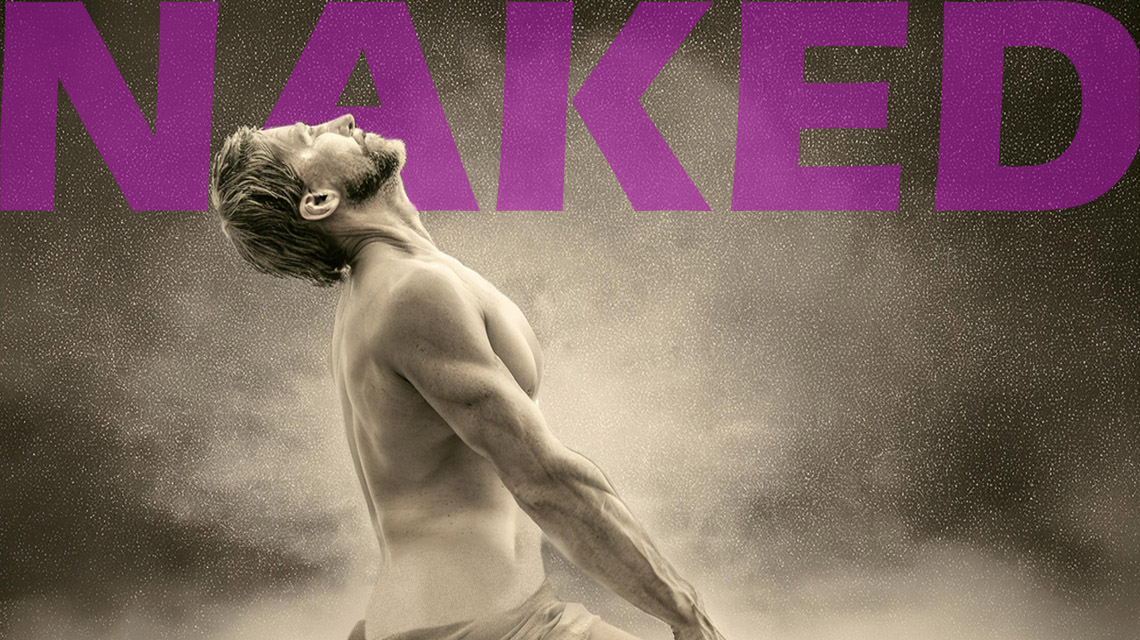Naked January 12, 2025 – Posted in: Books, Edwin Fontanez, News, One Last Song
For the avid reader, the experience of reading a biography is to delve into the subject’s life through a journey full of discoveries. Well, the task of this genre is to illustrate facts that reveal interesting data as well as anecdotes which reveal the character of the subject. That is the exclusive and pleasant experience of the reader. On the other hand, for the author who decides to write his own memoirs, it is a totally different game and the first rule to be followed is: honesty. What do I mean by honesty? Let me explain, there is a saying among writers who have ventured to write this kind of literature that says: in a memoir, the first blow you throw is at yourself. And what is its meaning?
It means that when writing you must be sincere and respect the reader’s intelligence. When making the decision to write about your life, it is essential that you relive events in which your vulnerability is evident and do so without your ego undermining that intention. In other words, the process of memory is the acceptance of “baring” the soul. The writer who attempts to disguise the factual truth in his memoir is simply writing a press release. And by that, I mean that, for fear of making revelations, they simply “rinse” the truth with obviously sterile anecdotes. The first unspoken rule when writing a memoir is to agree to reveal difficult truths, as the meticulous reader will be able to detect flaws in the narrative which will potentially harm the credibility and character of the author.
In my experience I have read memoirs by many artists that reflect this problem. This is due to subjects who do not fully understand the purpose of a memoir. And as a result, they only manage to produce an entertaining story, which has been repeated countless times in iterations through interviews or promotional articles. The interesting thing is that even when they try to “cover up or soften” dramatic events that define their character and humanity, the gaps in the narrative are even more revealing. With such a deficiency, said “memory” ends up being a long anecdotal story without much weight or relevance.
It is for that reason that when I decided to write my father’s memoirs, I had to get rid of the ego and respect his life and write with sincerity and empathy. It was also the moment when I agreed to “get naked” and admit my mistakes and weaknesses to create a balanced and fair narrative for all those characters in my life. Any reader who has already had the opportunity to read One Last Song for My Father will be able to corroborate my words. By laying bare important parts of my life, I was able to release old traumas and learn to forgive myself. Thus, as the author of said memoir and following my own example, I had to make peace with what the process would entail: the first blow to throw would be at myself!
—Edwin Fontánez, author of One Last Song for My Father: Memoirs of a Son. Available now in English and Spanish through Amazon and exitstudio.com

